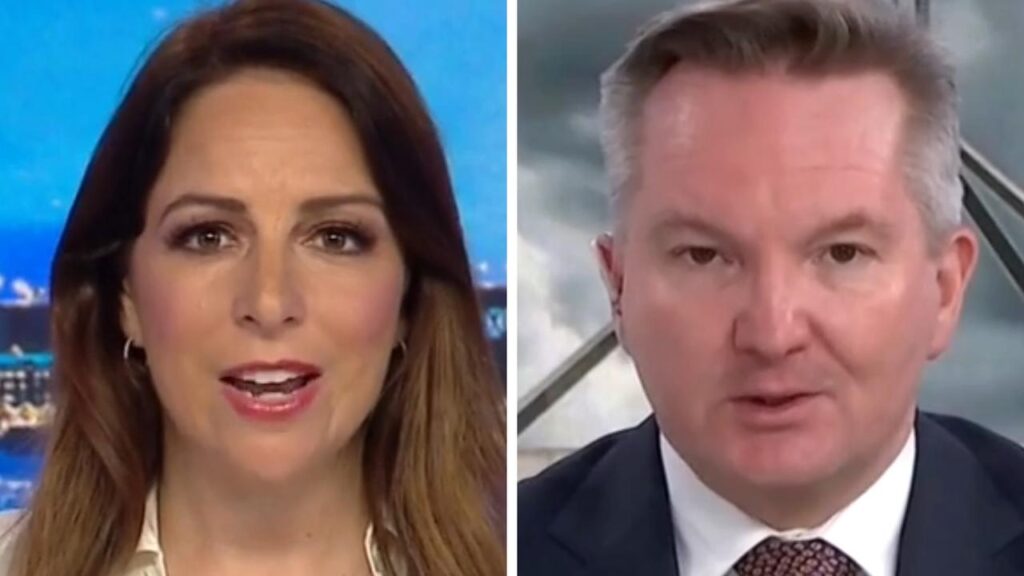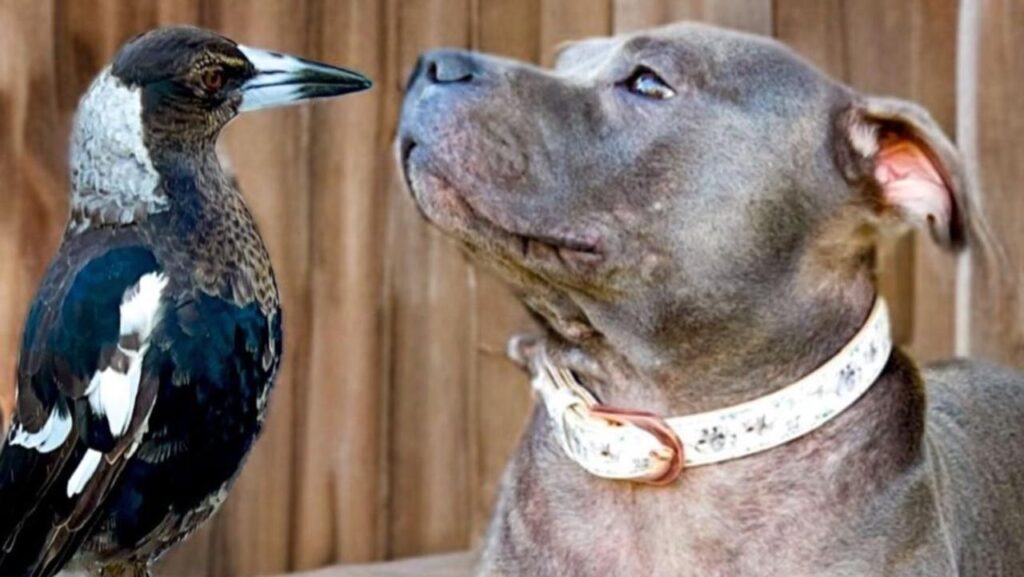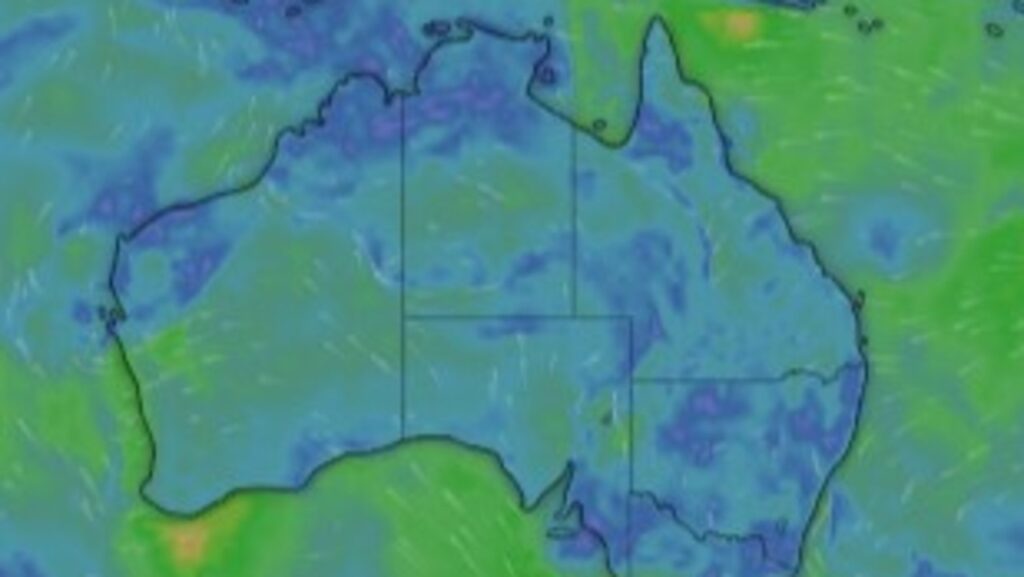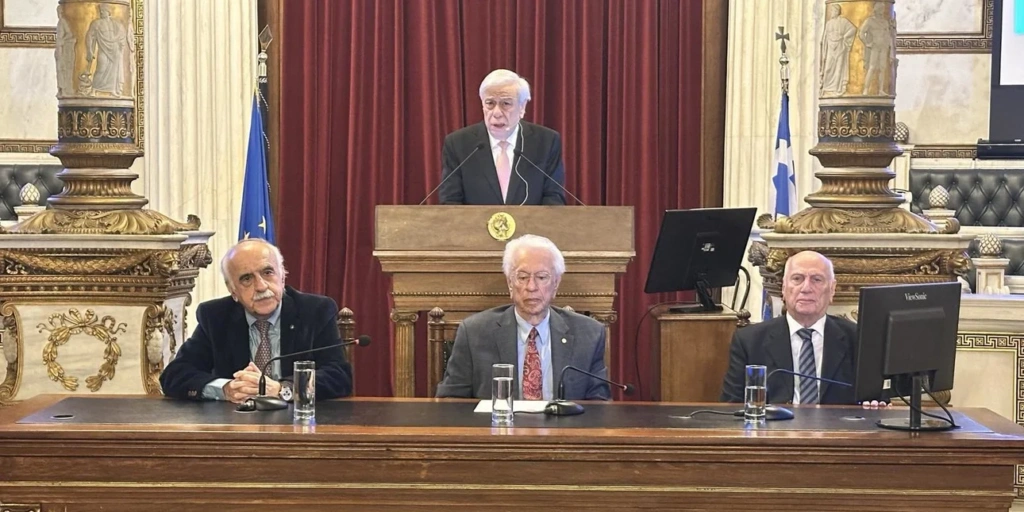Huge update on kids’ social media ban
Written by admin on November 29, 2024
Australia’s Senate has successfully passed a Bill to ban social media for children under the age of 16, with social media giants liable for fines over $50m for failing to comply.
Late on Thursday evening, the Senate passed the Online Safety Amendment (Social Media Minimum Age) Bill by 34 votes to 19, barring anyone under the age of 16 from using popular platforms including TikTok, Instagram, Reddit, Snapchat and Facebook.
The Bill is expected to pass the House on Friday morning, where the government hold the majority.
As part of the Bill, social media companies like Meta, who owns Instagram and Facebook, would be required to take steps to prevent under-16s from using their services.
Companies that fail to comply may be subjected to a $50m fine.
The Coalition argued the legislation was an important step in protecting children and teenagers from the “harms” of social media, arguing the age limit would keep them safe.
Communications Minister Michelle Rowland said the government recognised “parents are concerned about the harms (social media can have) to children”.
“Keeping Australians safe online requires decisive action and the Albanese government is delivering exactly that,” she said.
The Bill, which was introduced to parliament last week – with only three days on the sitting parliamentary calendar – offered Australians only one day to lodge submissions voicing their concerns about the social media ban, resulting in 15,000 submissions.
An inquiry into the ban only lasted three hours.
The proposed legislation passed on the final sitting day of the year, where the government managed to pass a number of Bills.
It will now be handed over to the House of Representatives, where it must pass with a majority vote in order to become law.
Despite a mostly positive response from parents, there have been questions raised about how the ban will work, with some criticising the Bill and arguing the process was too rushed.
Some critics argued the ban would not effectively assist children and teenagers’ mental health, instead isolating them from the platforms and possibly encouraging them to seek alternative routes to access platforms, such as the dark web.
Under the legislation, parents or children who fail to comply will not face any penalties
The specifics of the age-verification process have yet to be confirmed, however Ms Rowland has confirmed users will not have to hand over government issued ID to prove their age.
Meta slams bill
A spokesman for Meta – the tech giant that owns Facebook and Instagram – argued there was a “lack of evidence” to suggest social media has a causal link with childrens’ mental health.
“Naturally, we respect the laws decided by the Australian parliament. However, we are concerned about the process which rushed the legislation through while failing to properly consider the evidence, what industry already does to ensure age-appropriate experiences, and the voices of young people,” the statement read.
“Last week, the Parliament’s own committee said the “causal link with social media appears unclear,” with respect to the mental health of young Australians, whereas this week the rushed Senate Committee report pronounced that social media caused harm. This demonstrates the lack of evidence underpinning the legislation and suggests this was a predetermined process.
“The task now turns to ensuring there is productive consultation on all rules associated with the Bill to ensure a technically feasible outcome that does not place an onerous burden on parents and teens and a commitment that rules will be consistently applied across all social apps used by teens.
“One simple option is age verification at the operating system and app store level which reduces the burden and minimises the amount of sensitive information shared.”







